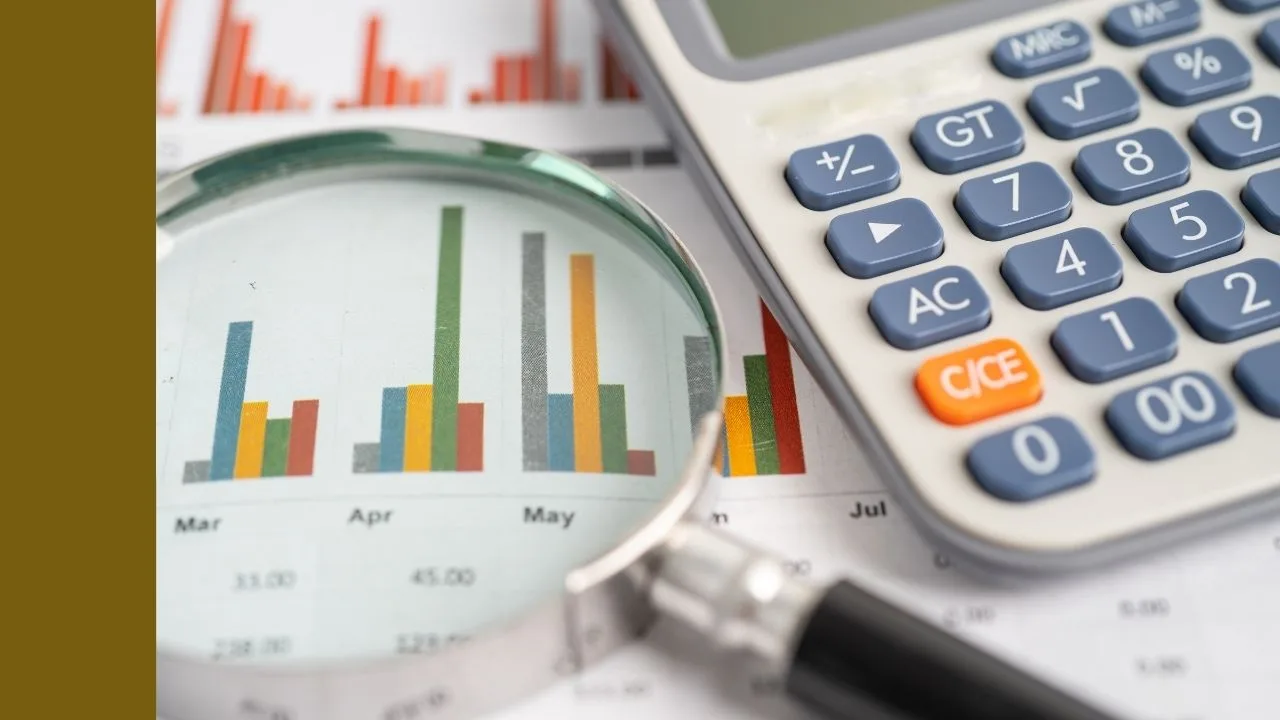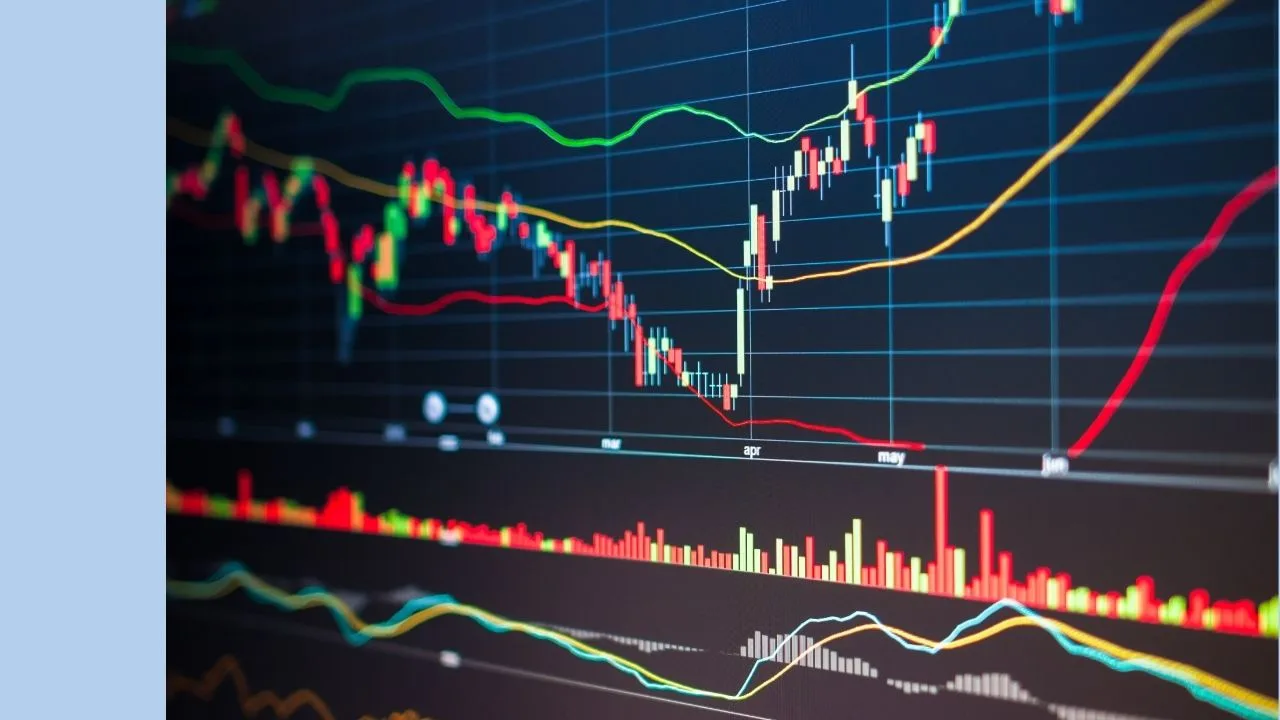COL share price in focus
Coles is an Australian retailer offering a wide range of everyday products, including fresh food, groceries, general merchandise, liquor, fuel, and financial services. Founded in 1914 in Victoria, which remains its home base, Coles has been a prominent player in the Australian retail sector for over a century.
Previously owned by Wesfarmers from 2007 to 2018, Coles became a standalone entity when it was spun off and listed on the ASX under the ticker symbol ‘COL’. While the supermarket division is the primary source of earnings, Coles also owns or operates several related businesses, including flybuys, Liquorland, First Choice, Vintage Cellars, and Coles Express.
Although often seen as the ‘smaller sibling’ to Woolworths, Coles holds a significant share of the Australian grocery market, accounting for around 28%. Since becoming a separate listed company, Coles has earned a reputation as a reliable dividend payer.
The appeal of ASX Consumer Staples shares
The S&P/ASX200 Consumer Staples Index (ASX: XSJ) has delivered returns of -1.31% per year over the last 5 years. That compares to the broader ASX 200 which has returned 3.85% per year over the same period. Let’s explore why a consumer staples company like COL could be a smart choice for your portfolio.
Big dividends
Consumer staples companies aren’t typically known for rapid growth, but where they usually excel is in providing consistent dividend income. Over the past 5 years, COL has offered an average dividend yield of 3.76% annually.
This steady payout is linked to the nature of their business, which brings us to the next reason investors favour consumer staples companies…
Resilience
No company or sector is totally immune to recessions, but consumer staples companies are often better equipped than others to weather economic downturns. When the economy hits tough times (which is inevitable), discretionary spending always takes the hit first. Demand for staples remains relatively stable in comparison. This resilience can give companies like COL a notable advantage over more cyclical secotrs during a downturn.
Lower volatility
Another key benefit of consumer staples companies is their lower market volatility. Because the demand for their products and services is consistent, these businesses are less subject to economic cycles than sectors like resources and commodities.
Companies like Woolworths or Coles also have high market share which tends to give them more pricing power, so they can act as a price maker instead of a price taker. So, consumer staples companies can bring some stability to a diversified portfolio.
COL share price valuation
The S&P/ASX200 Consumer Discretionary Index (ASX: XDJ) has generated returns of -1.31% per year over the last 5 years. That’s compared to 3.85% per year from the broader ASX 200. The consumer discretionary sector covers a wide range of goods and services, so it can be hard to compare companies in this group. However, there are a few things you might want to consider when investing in a consumer discretionary company like COL.
Economic environment
Consumer discretionary companies usually experience their best performance when interest rates are low. It’s fairly intuitive – when interest rates are low, you’re more likely to go out and buy those ‘nice-to-haves’ or things that you may not really need, but you certainly want. That could be the latest iPhone, a European vacay or that Ryobi power drill you’ve always wanted – it all comes under this category.
Despite the current high interest rate environment, COL has still managed to grow revenue by 3.9% per year over the last three years.
Dividends
The dividends you’ll receive can vary with the current economic environment, but historically many of the big ASX consumer discretionary shares have been reliable dividend payers.
COL offers a current dividend yield of 3.6% and over the last 5 years has averaged 3.8%.
Familiarity
We often hear the mantra, ‘invest in what you know’. If you take that to heart, consumer discretionary companies could make a lot of sense. These companies tend to be household names and brands you see everyday.
You probably have a better idea how Coles Group Ltd make their money then some niche tech company or a B2B industrials company. This doesn’t necessarily mean performance will be any good, but they’re definitely easier to get your head around when you’re new to investing.









